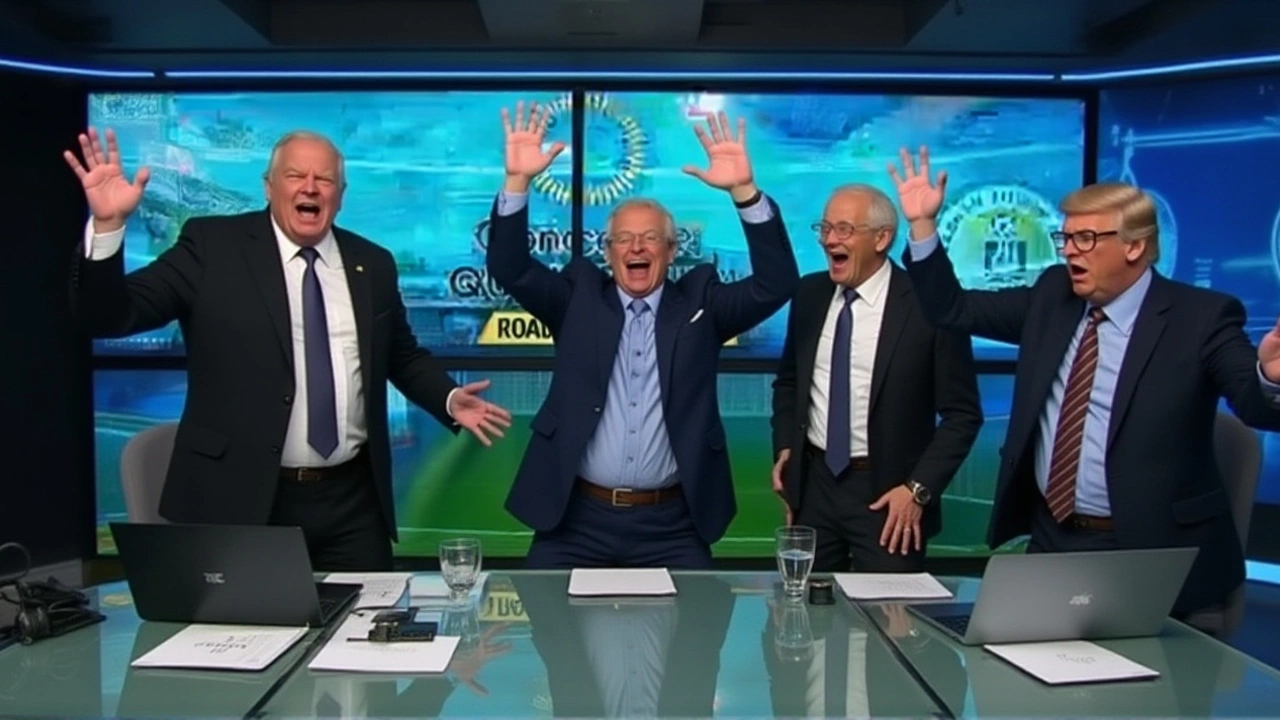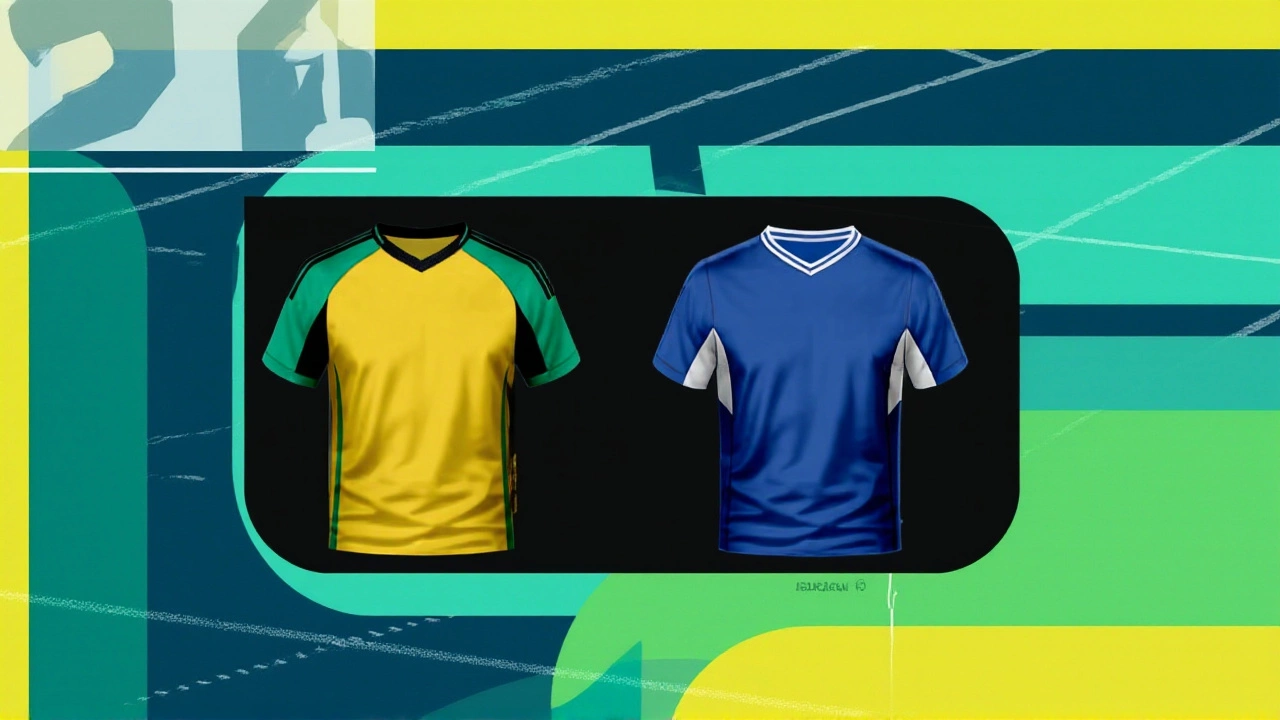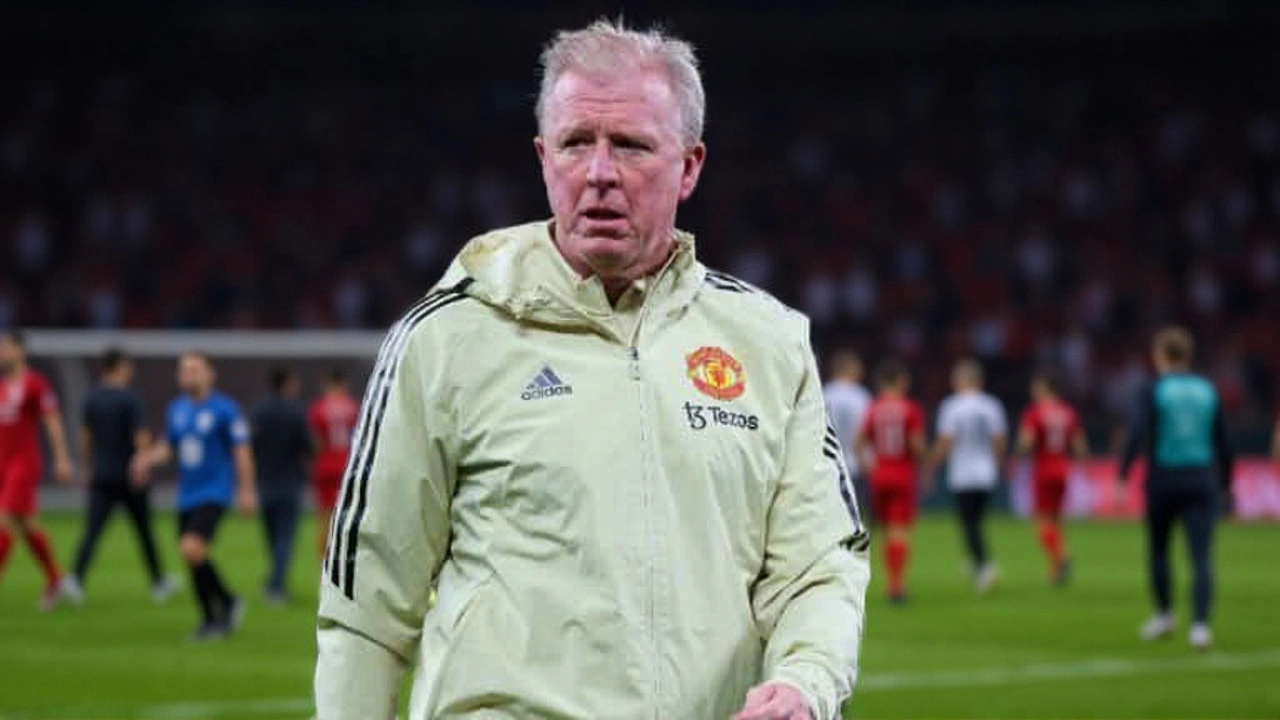On October 10, 2025, a tiny island nation with a population under 160,000 did the unthinkable: Curaçao punched its ticket to the 2026 FIFA World Cup with a 2-0 victory over Jamaica in the final match of CONCACAF’s Third Round qualifiers. It wasn’t just a win—it was a seismic shift in global football. For the first time ever, Curaçao has qualified for a World Cup finals, and they did it as the smallest country in history to do so. The final whistle blew at 90+10’, with the scoreboard reading Curaçao 2, Jamaica 0. No fan on the island will ever forget this night.
A Nation That Refused to Be Overlooked
Before this match, few outside the Caribbean gave Curaçao a chance. Once part of the Netherlands Antilles, the island became a constituent country of the Kingdom of the Netherlands in 2010—and with it, its own national team. For over a decade, they struggled to break through in CONCACAF’s brutal qualifying structure. Their best previous finish? A group-stage exit in 2018 qualifiers. But this cycle, something changed. Under coach Guus Hiddink (who took over in 2023 after stepping down from the Netherlands national team), they played with discipline, grit, and a terrifyingly efficient counterattack. They didn’t win every game—they didn’t need to. Three wins, three draws, zero losses. Twelve points. A +10 goal difference. That’s not luck. That’s strategy.The Match That Changed Everything
The game itself was tense, physical, and punctuated by moments that will replay for years. Jayden Candelaria, wearing #13, opened the scoring in the 28th minute with a low, curling finish from just outside the box. The goal came after a perfectly timed through ball from Riechedly Bazoer (#24), a Dutch-born midfielder who chose to represent Curaçao despite eligibility for the Netherlands. By halftime, the islanders were ahead, calm, and confident. Jamaica, desperate to keep their own hopes alive, pressed hard. But their frustration boiled over in the 82nd minute when defender John Russell received his second yellow card for a reckless challenge on Kevin Felida (#21). The red card sent Jamaica into chaos. With only ten men, their attack lost shape. And then, in stoppage time, came the bizarre twist: Jamaica’s star goalkeeper, Andre Blake, charged forward for a corner. It was a Hail Mary. The ball swung in. A Jamaican player—reportedly named "Cphus"—rose to head it, but the effort was weak, blocked by Curaçao’s defense. The ball never crossed the line. The dream died.
Why This Matters Beyond the Island
This isn’t just a feel-good story. It’s a challenge to the entire football establishment. Curaçao joins a rare club of small nations that have made it to the World Cup: Cape Verde, Jordan, and Uzbekistan. All had populations under 4 million. But Curaçao? At 158,000 people, it’s smaller than many U.S. suburbs. Its entire national team payroll likely doesn’t exceed the salary of a mid-tier Premier League backup. And yet, they beat teams with professional leagues, stadiums holding 60,000, and FIFA budgets ten times their GDP. The message? Talent isn’t tied to size. It’s tied to organization, belief, and smart coaching. Guus Hiddink didn’t bring in superstars—he built a system. He used local talent from the island’s amateur leagues, recruited diaspora players from the Netherlands and the U.S., and instilled a defensive identity that turned opponents’ pressure into counterattacks. This isn’t a fluke. It’s a blueprint.What’s Next for Curaçao—and Jamaica?
Now, Curaçao enters the 2026 World Cup as a true underdog. They’ll be drawn into a group likely featuring the U.S., Mexico, and a South American powerhouse. They won’t be expected to advance. But they’ve already won. Their players will become national icons. Kids on the island will now dream of playing on the world’s biggest stage—not just watching it. For Jamaica, the pain is real. They finished second in Group B with 11 points—strong numbers by any standard. But in CONCACAF, only the top two qualify directly. The third-place team enters a playoff. And according to The Voice Online’s November 21, 2025 report, Jamaica still has a "second shot" through the inter-confederation playoffs. They’ll face a team from Asia or Oceania in a one-off match in March 2026. It’s their last chance. But the emotional toll? That’s harder to recover from.
Historical Context: A Legacy in the Making
Curaçao’s football history is layered. Before 2010, players from the island represented the Netherlands Antilles. That team never qualified for a World Cup. The 2026 campaign is the first under the new national identity—and they’ve done what their predecessors couldn’t. This isn’t just about a single match. It’s about decades of overlooked potential finally being realized. The island’s main stadium, the Estadio Curaçao (capacity: 10,000), was packed to bursting on October 10. Fans sang in Papiamento, waved flags stitched by grandmothers, and cried as the final whistle blew. This is football at its purest: passion over resources, heart over hierarchy. And it’s proof that in sport, the smallest voices can echo the loudest.Frequently Asked Questions
How did Curaçao manage to qualify with such a small population?
Curaçao’s success came from smart recruitment, strong coaching under Guus Hiddink, and a focus on defensive organization. They leveraged the Dutch diaspora—players eligible for the Netherlands who chose to represent Curaçao—and built a compact, disciplined system. With only 158,000 residents, they didn’t need a large pool—they needed cohesion. Their three wins and three draws in six games reflect a team that maximized every opportunity.
Who are the key players behind Curaçao’s qualification?
Midfielder Riechedly Bazoer, who plays professionally in the Netherlands, was the creative engine, while Jayden Candelaria scored the crucial opener. Defender Kevin Felida anchored the backline, and goalkeeper Leandro Merencia made critical saves in tight moments. Many players are based in Europe’s lower leagues or in the Dutch amateur system, proving that elite talent doesn’t always come from top-tier clubs.
What does this mean for other small Caribbean nations?
Curaçao’s achievement is a blueprint. Nations like Bermuda, Saint Kitts and Nevis, and Suriname now have proof that consistent structure and smart recruitment can overcome financial and population disadvantages. CONCACAF’s new qualifying format rewards consistency over single-match upsets, and Curaçao mastered it. Expect more small nations to emulate their model—especially with FIFA’s push for broader global representation in future tournaments.
Why was Jamaica’s goalkeeper playing as an outfielder in stoppage time?
With only minutes left and trailing 2-0, Jamaica’s coach pulled goalkeeper Andre Blake to add an extra attacker during a corner kick—a high-risk, high-reward tactic. It’s common in elimination games when teams need a goal. But with no time left and Curaçao’s defense holding firm, the move backfired. The ball was cleared, and the chance vanished. It was desperation, not strategy.
Will Curaçao have a chance to win a match in the 2026 World Cup?
It’s unlikely they’ll advance from the group stage, given the strength of teams like the U.S., Mexico, or Argentina. But they’ve already achieved more than any team from their size has ever done. A single point or even a draw against a powerhouse would be historic. In football, upsets happen—and Curaçao now has the belief to make one.
What’s Jamaica’s path to the World Cup now?
Jamaica enters the inter-confederation playoffs in March 2026 as the third-place team from CONCACAF. They’ll face a team from Asia or Oceania in a single-match knockout. Their chances are slim—only one of six playoff teams qualifies—but their squad still has Premier League talent like Andre Blake and Shamar Nicholson. If they win, they’ll reach the World Cup for the first time since 2015. If not, it’s another near-miss in a long history of heartbreak.

